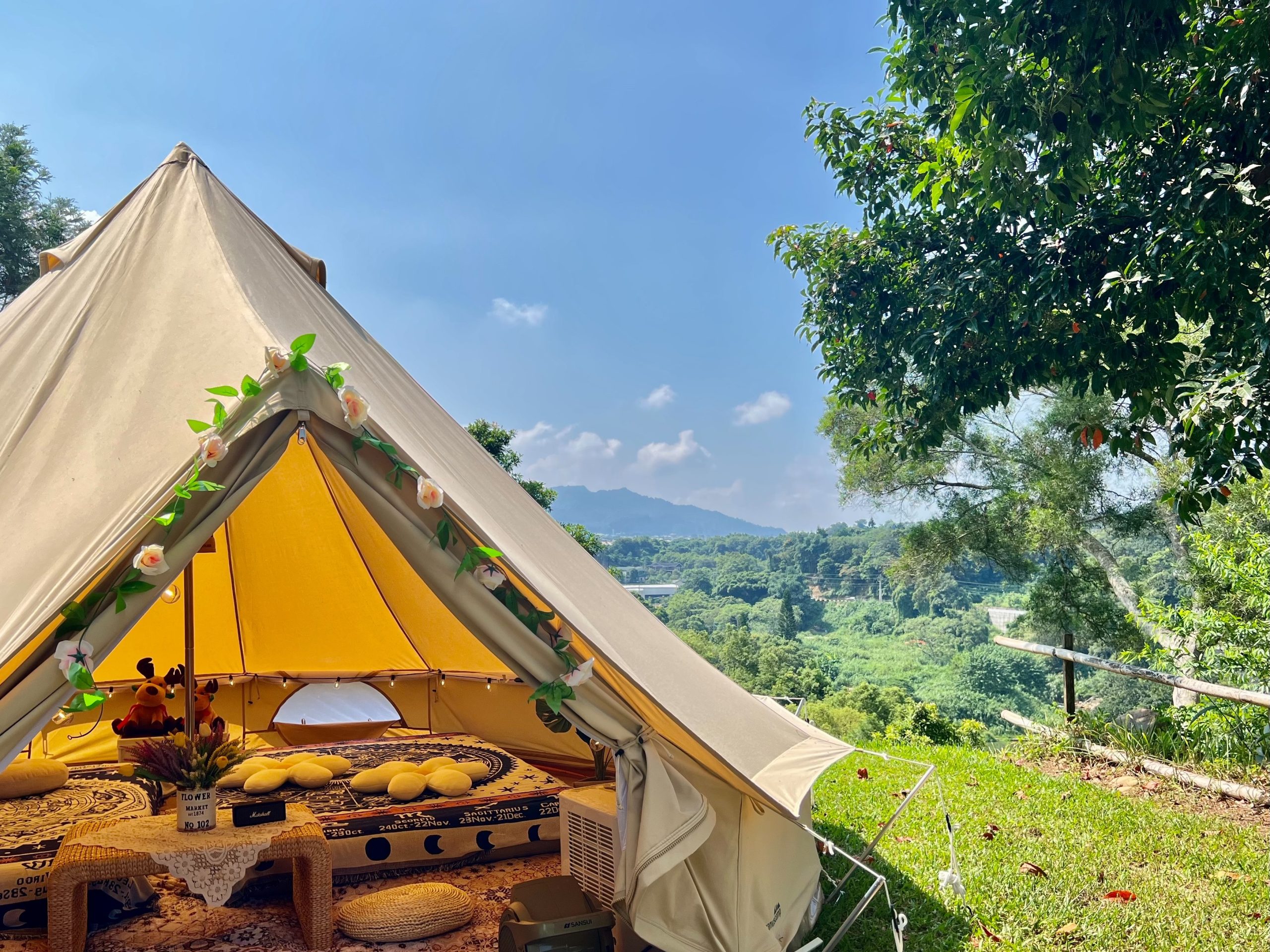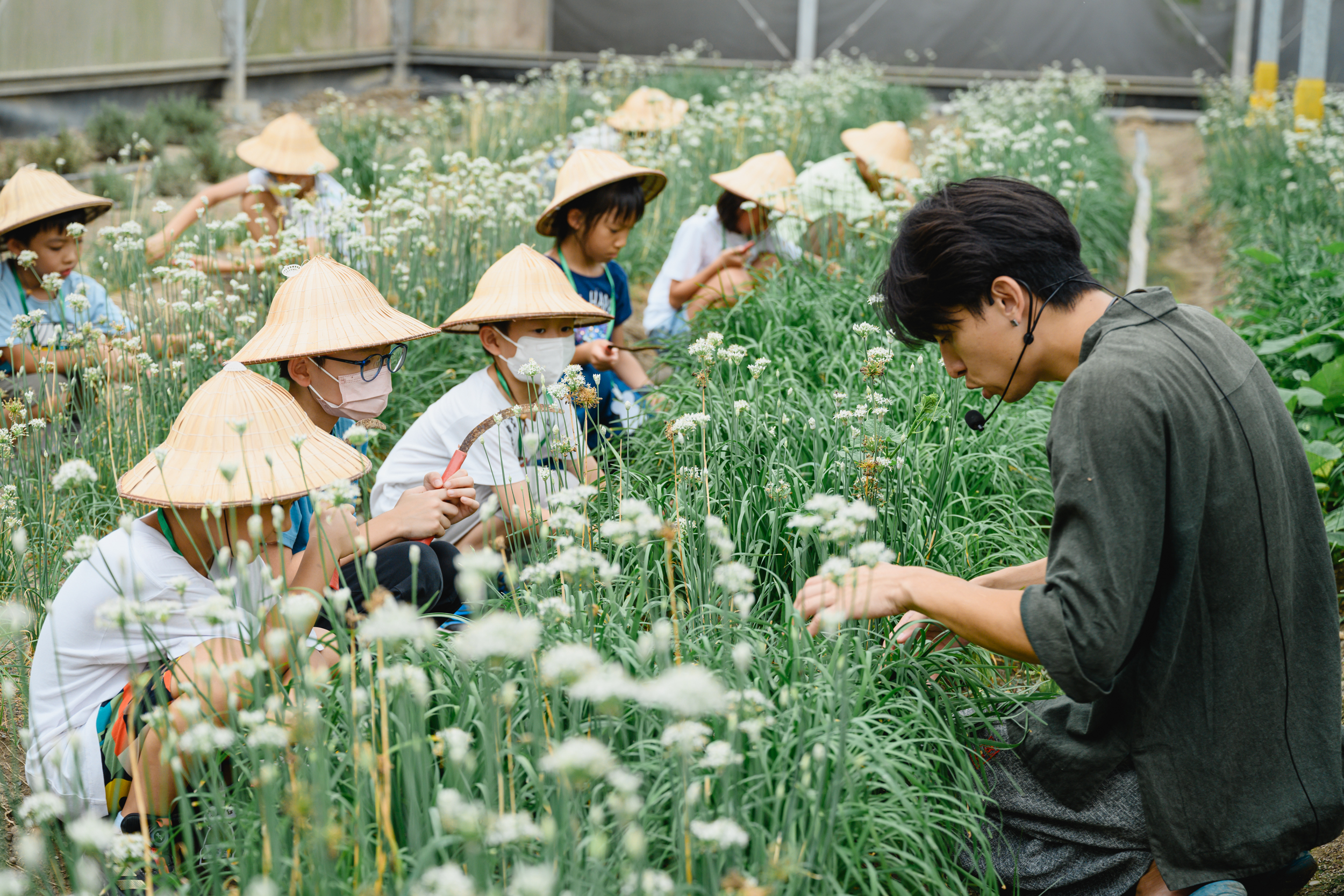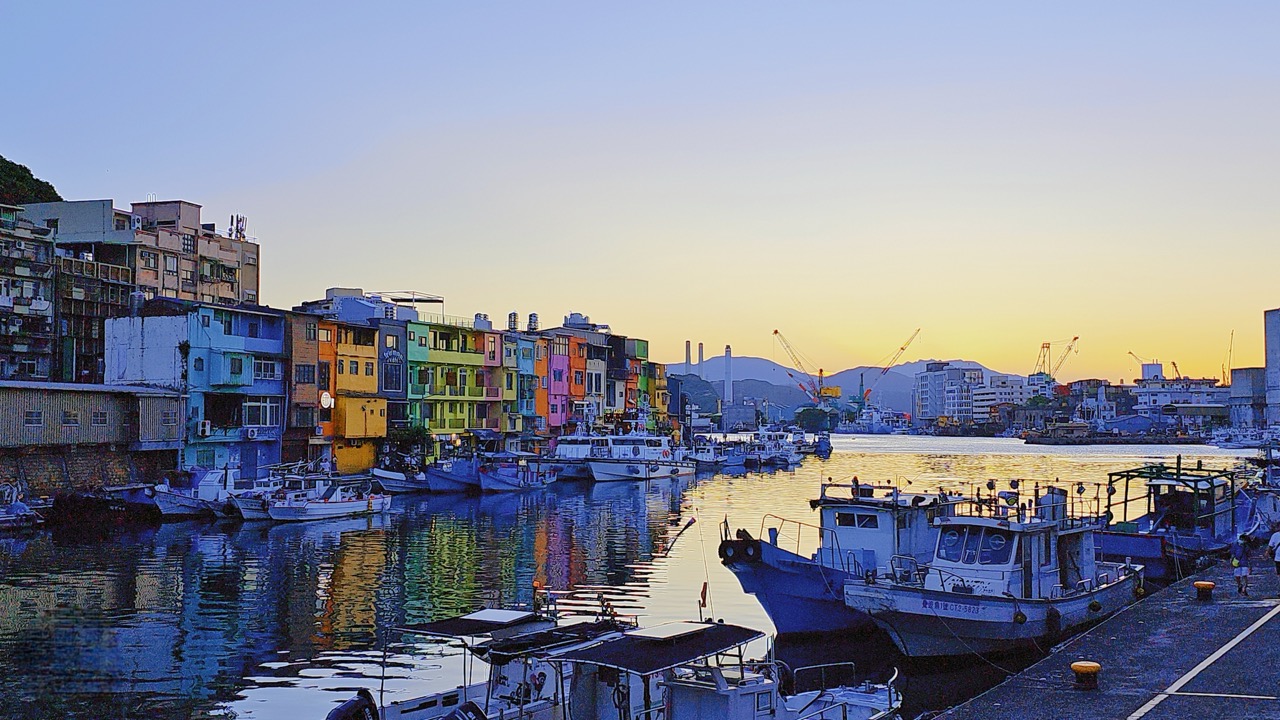Author LINDEN CHEN
Photographer XHIN TOH
Editor CHIH YI CHEN, CHRIS VAN LAAK
Taichung’s Xinshe District is a secluded paradise surrounded by mountains. Blessed with abundant rainfall, the area produces a large variety of fruits, vegetables and mushrooms, and many of the potted plants that are sold in the city are originally from nurseries in this hinterland paradise, too.
Historically, the area was known as“Xinshezai” (新社仔) or “Xinfanshe” (新番社). It featured villages of the Pazeh people, a group of the Plains Indigenous Peoples, and served as their hunting grounds. During the reign of the Daoguang Emperor (道光帝), however, immigrants from Qing Dynasty China arrived in the area to develop its agricultural potential. The cultivation of many of today’s crops originated during this time, as does the name Xinshe.
Hakka-inspired circular agriculture
Most of those early settlers were Hakka people from Guangdong Province, and the area remains a center of Hakka culture in Taiwan to this day.
The spirit of the first-wave immigrants is symbolized by thrift and simplicity. Aside from generously funding the best-possible education of their children and grandchildren, many of the older generation are proud of their frugal lifestyle.
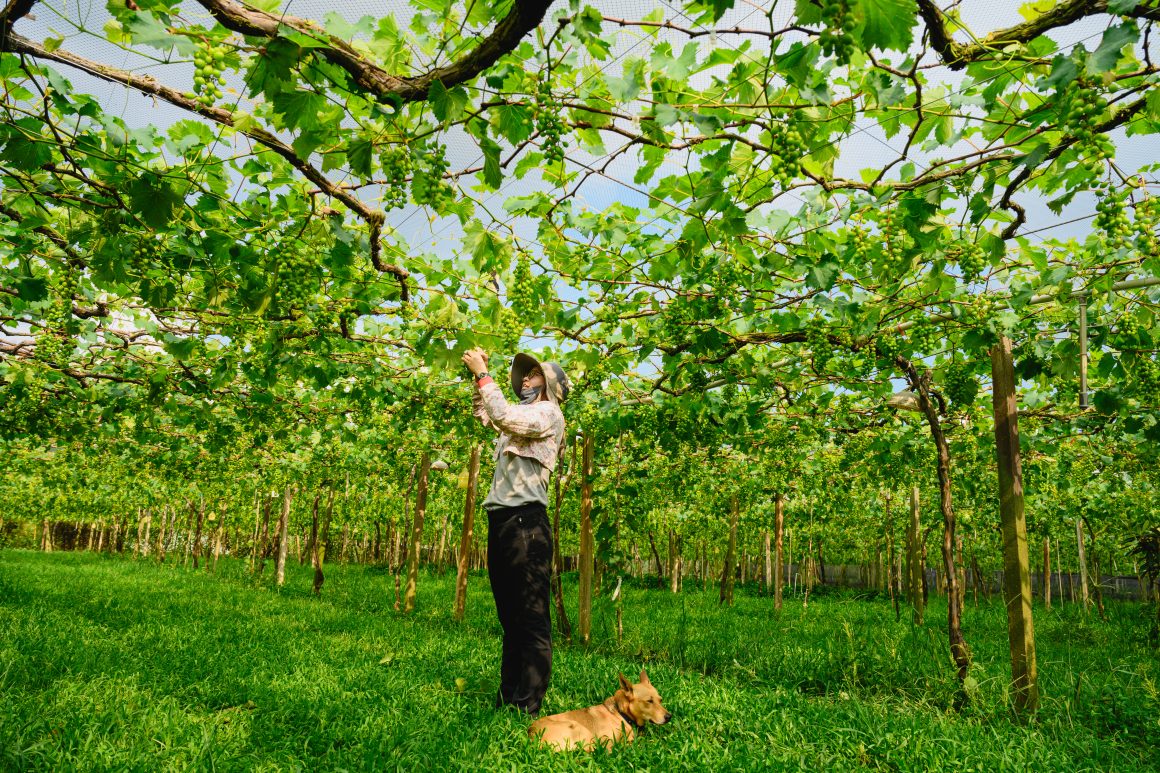
It is an enduring virtue that might also be behind modern developments in the district, such as its circular agriculture that is advancing rapidly. Putting sustainability trends into practice, farmers in Xinshe seek to reduce agricultural waste to a minimum by recycling and reusing what other farmers usually dispose of without much consideration.
Mushroom world
Thanks to its elevation, Xinshe is especially suitable for the cultivation of mushrooms that need lower nighttime temperatures. It has specialized in this field, and thanks to its farmers’ openness to innovation, Xinshe now produces about half of Taiwan’s mushrooms.
Mushroom Garden (百菇莊) is one of those innovators. It has developed the world’s first “space packages” for mushrooms, which contain pre-mixed sawdust, fungal spores and all nutrients needed for their growth.
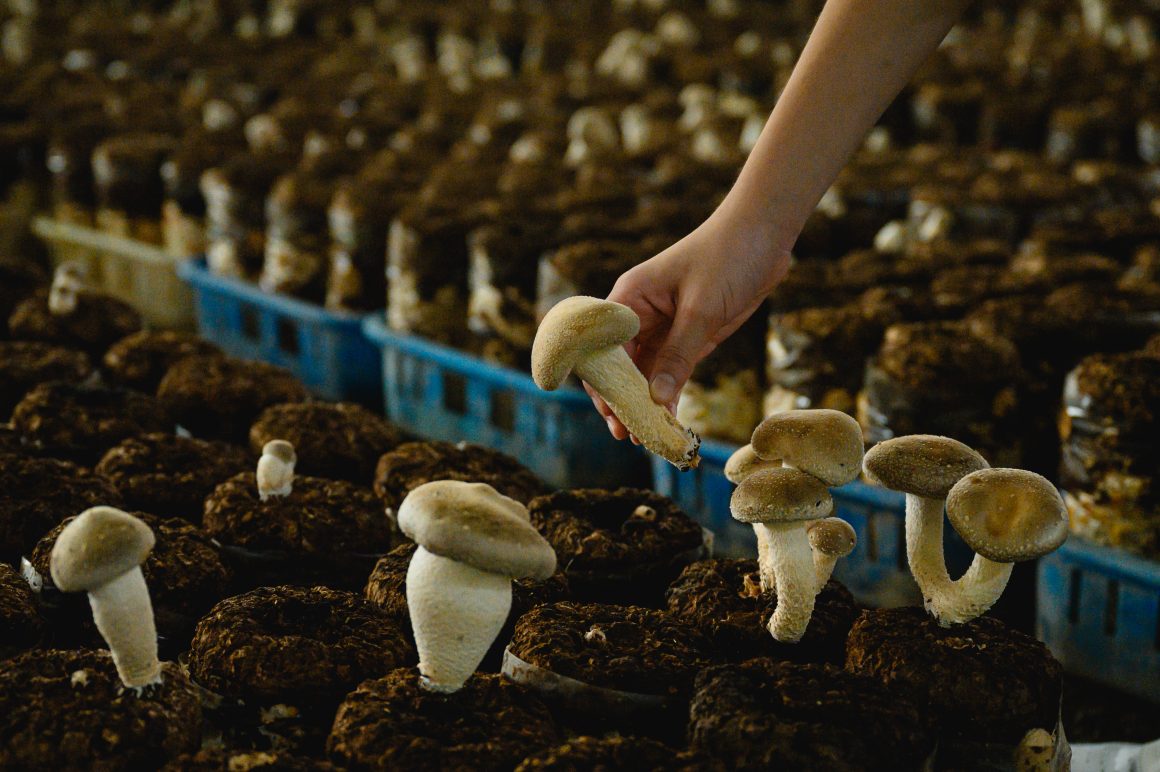
The mushrooms in the packages grow best indoors, at 16°C to 28°C. They need to be sprayed with water twice a day for 10 to 20 days, until small mushrooms start to sprout.
Sustainability focus
Another business on Xinshe’s “Mushroom Street,” Village of Five Willows (五柳莊), fully embodies the spirit of sustainability. Named in homage to Tao Yuanming, (陶淵明), also known as “Mr. Five Willows,” the shop’s hand-crafted vinegar infusions are based on pure brown rice vinegar.
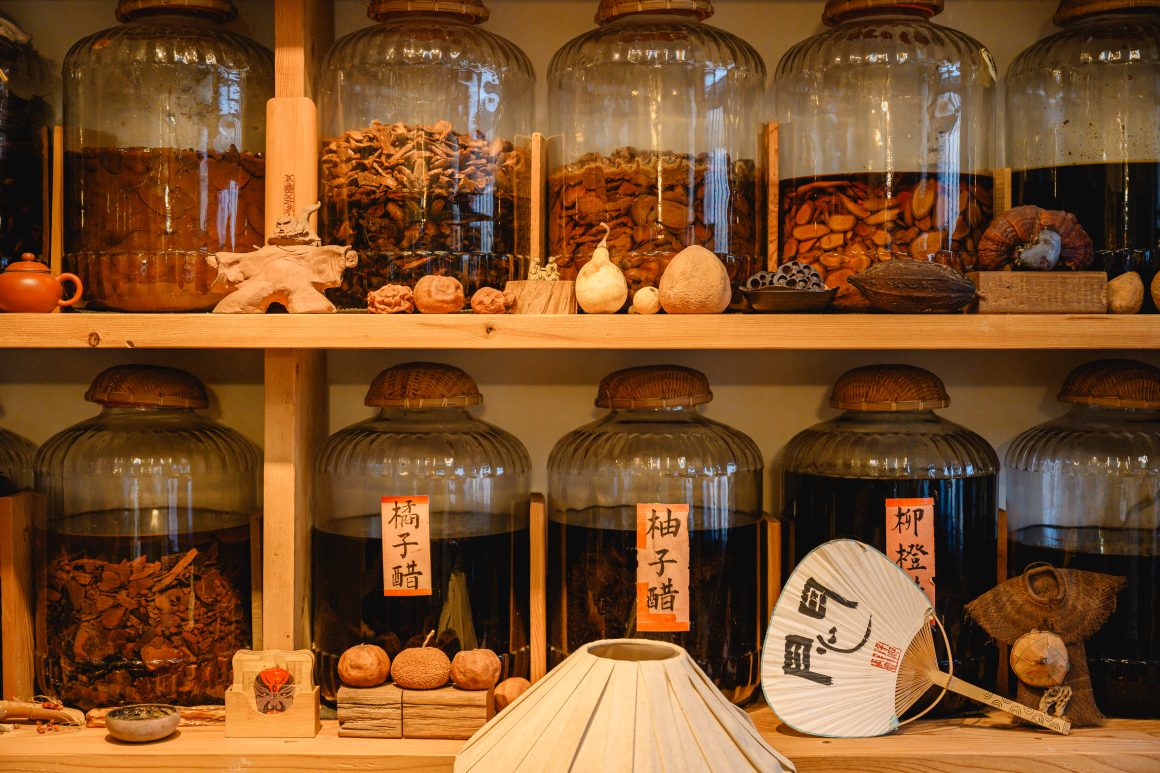
The infusions, which can help digestion after meals, are produced using traditional fermentation methods that help extract natural plant essences while retaining the rich flavors of the ingredients.
Further into the mountains, Xiaolu Campground (小路露營區) practices sustainability by combining its offering to nature-craving tourists with efforts to preserve Xinshe’s biodiversity.
The campground’s founder, Lu Chongrong (呂崇榮), says that his father, a golf coach, initially bought the land with a group of friends to practice putting.
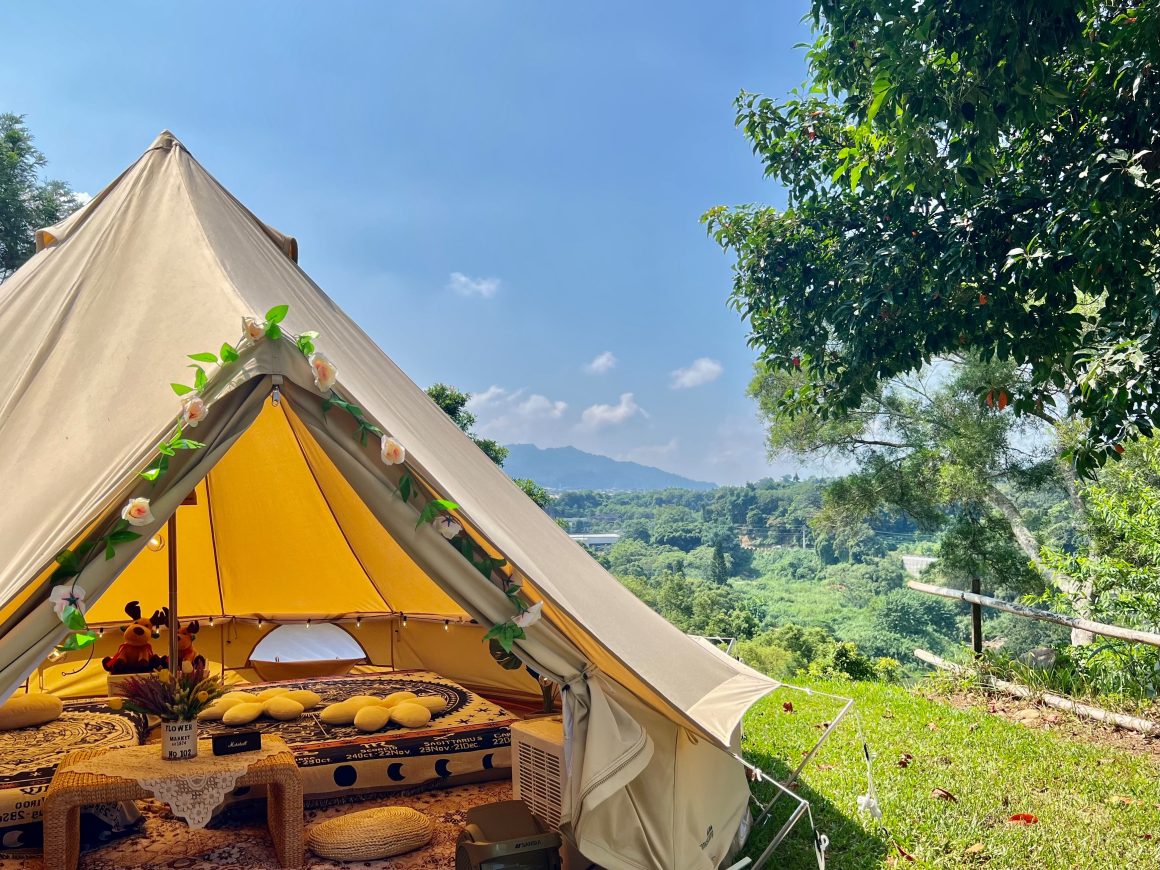
However, some other friends and family members soon started asking him whether they could use the area for camping trips, and the idea of turning it into a formal campground was born.
However, Lu aims to avoid excessive land development that is common on other campgrounds, as he believes it harms the environment. Instead he seeks to maintain the original landscape and offers guided tours focusing on local ecology.
Xinshe is the perfect contrast to the concrete jungle of the city. This is clear upon first sight, but a deeper dive brings to the fore sides of the area that truly make it Taichung’s paradise district.
Pathfinder
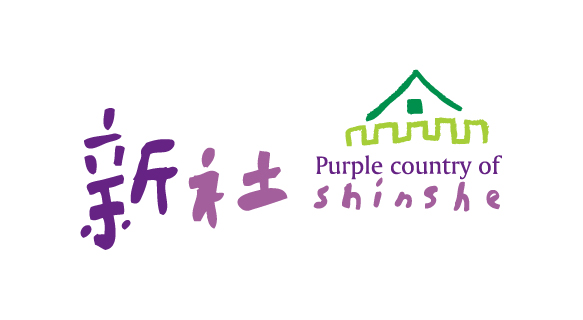
Purple Homeland of Happiness-Hua Xian Xin Fu (紫色故鄉幸福小鎮-花現新福)
Famous for its seasonal seas of flowers, Xinshe is a purple homeland that blends the beauty of the changing seasons with hidden spots and innovative agricultural experiences. Guided by local artisans, visitors can engage in hands-on learning about food and farming, all while appreciating the beauty of the natural environment.

